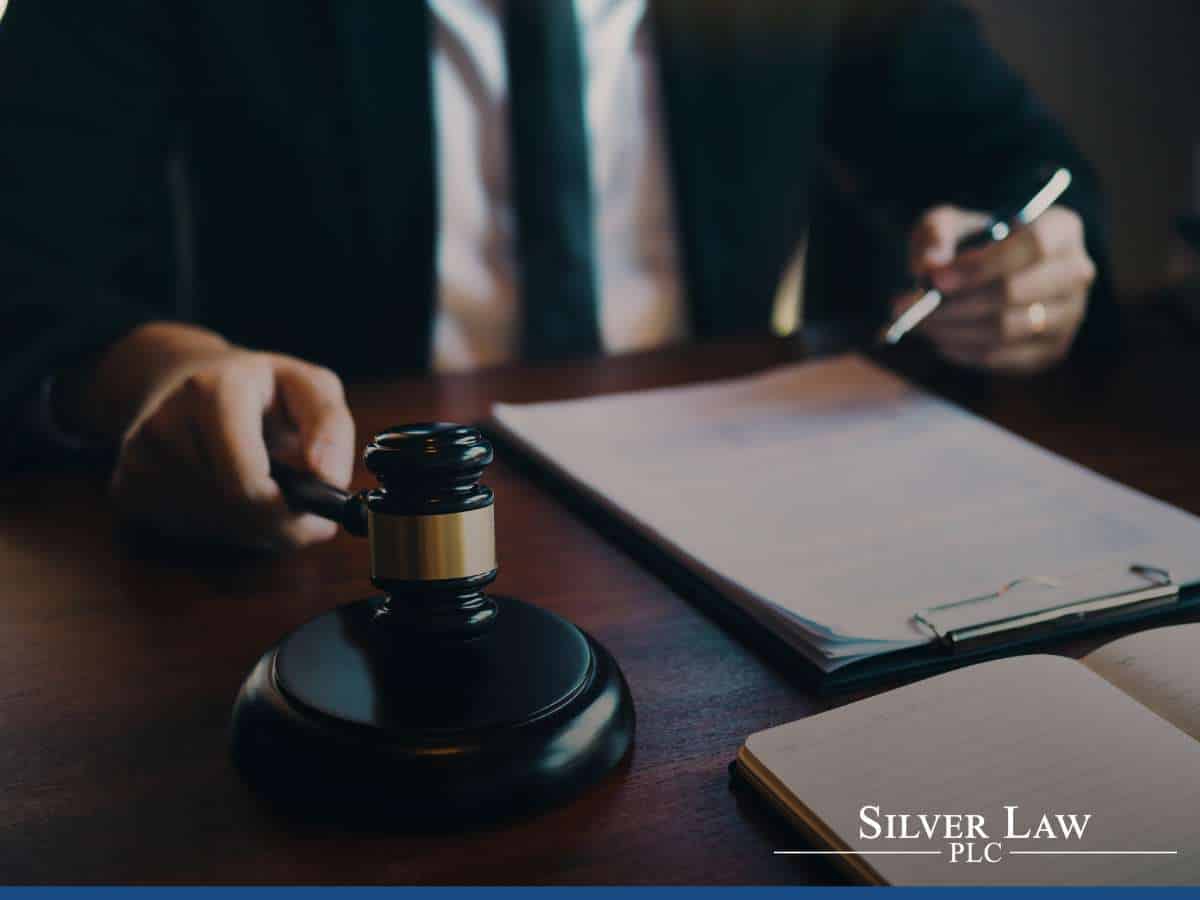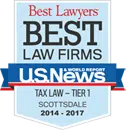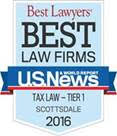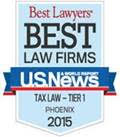United States Supreme Court Issues Opinion Expanding the Reach of States to Collect Sales Tax…
United States vs Banks: The Impact Of Loss Calculations On Sentencing Guidelines Under U.S.S.G. § 2B1.1
A recent case in the Third Circuit has shifted the guidelines of loss enhancement and sentencing for cases of tax fraud that fall under U.S.S.G. § 2B1.1. The court’s ruling indicates that loss enhancements are now limited to “actual loss” rather than “intended loss.”

Guideline Enhancements Deviate from Previous Rulings
The Third Circuit’s ruling and analysis were heavily based on U.S. Supreme Court precedent, although it shifts away from historical guidelines for loss enhancement. United States v. Banks may become especially important for taxpayers as the IRS continues to expand its loan fraud and tax crime investigations.
United States v. Banks convicted Mr. Frederick Banks of four counts of wire fraud along with one count of aggravated identity theft. Mr. Banks had attempted to defraud Gain Capital Group through fraudulent deposits into accounts with insufficient funds. Gain Capital Group did not suffer any actual losses due to Mr. Banks’ attempted scheme.
When Mr. Banks was initially sentenced by the district court, sentencing defined “loss” as including intended loss, which then correlated with his imprisonment sentencing. When the case went to the Third Circuit, the court reversed the ruling of loss enhancement, remanding the case for resentencing based on Mr. Banks’ actual losses.
What Does This Ruling Mean for Tax Crime Prosecution?
Perhaps the most significant implication of the United States v. Banks ruling is that government agencies who are pursuing cases of fraud, embezzlement, or similar crimes that reference § 2B1.1 will bear the increased burden of providing the “actual loss” rather than “intended loss.” Actual loss refers to the loss that the defendant or victim incurred, not the intended loss that would have been sustained if the crime had been successfully committed.
Mr. Banks raises questions for future cases. For example, the sentencing provisions for other offenses could be affected. U.S.S.G. § 2T1.1 defines tax loss as the loss that would have been sustained if the scheme had been successful. Officials may also need to address timing issues if a victim receives reimbursement before sentencing.
Get the Experienced Representation You Need from Arizona’s Leading Tax Attorney Firm
As the top-rated Arizona tax lawyer, the attorneys at Silver Law, PLC have the expertise and experience you need to promote the best possible outcome of your tax case. Whether you’re facing tax litigation, an IRS audit, or another tax dispute, our attorneys are prepared to help you understand your legal options while providing aggressive and ethical representation and protecting your rights. Don’t face tax controversies alone! Schedule your confidential, obligation-free consultation with us by contacting our office today.

Email: lchapman@silverlawplc.com
Website: taxcontroversy.com
Arizona Location
7033 E. Greenway Pkwy, Ste 200
Scottsdale, AZ 85254
Office:(480) 429-3360
Henderson Location
410 South Rampart Blvd, Suite 390
Las Vegas, Nevada 89145
Office: (702) 801-1000
Las Vegas Location
410 South Rampart Blvd, Suite
390 Las Vegas, Nevada 89145
Office: (702) 726-6819
San Diego Location
7676 Hazard Center Drive, Suite
1525 San Diego, CA 92108
Office: (619) 387-3790
Coronado Location
724 1st St.
Coronado, CA 92118
Office: (619) 612-5337
Utah Location
11576 S. State Street, Suite 1002
Draper, Utah 84020
Office: (801) 340-7514
















Leave a Reply
You must be logged in to post a comment.